22 Doctor-Approved Snacks to Help You Conquer High Blood Pressure
The diagnosis of high blood pressure often comes with the dreaded thought of bland, joyless eating. But what if maintaining a healthy heart didn't mean sacrificing flavor? What if every bite could be a step towards better cardiovascular wellness, without feeling like a chore? High blood pressure is a silent threat, but managing it doesn't have to be a battle against your cravings. Forget restrictive diets! We believe the path to lower blood pressure can be incredibly delicious and delightfully easy. That's why we've gone beyond the usual recommendations, tapping into the wisdom of top dietitians and cardiologists. Our expanded guide now unveils 22 doctor-approved snacks – power-packed, flavor-rich options designed to tantalize your taste buds while actively working to stabilize your blood pressure. Get ready to transform your health, one delicious, heart-healthy bite at a time!
1. Understanding Hypertension and Diet
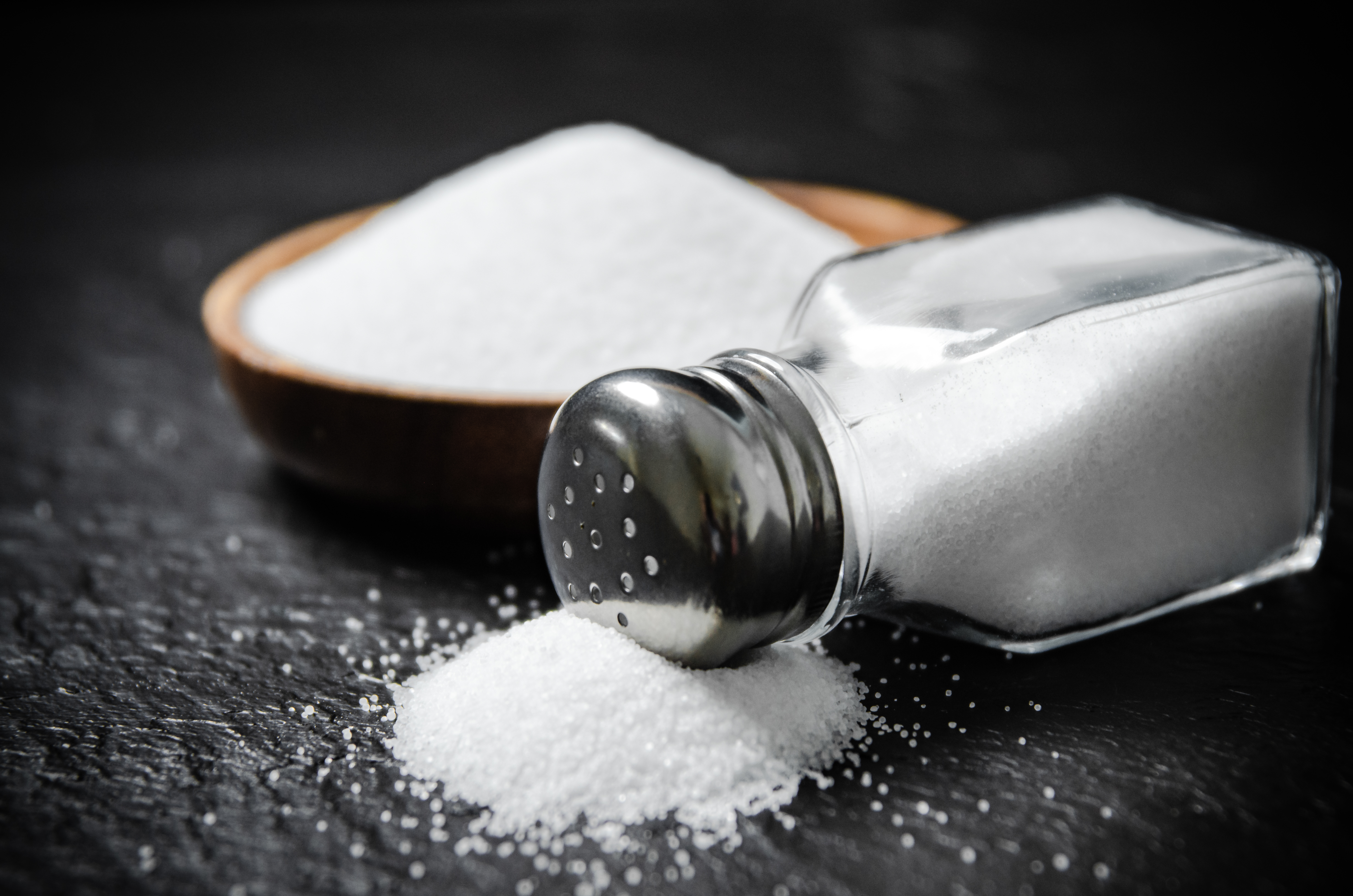
Hypertension is often dubbed the "silent killer" because it can progress without noticeable symptoms. Understanding the relationship between diet and blood pressure is crucial. Sodium, for instance, is a major dietary component that can significantly impact blood pressure levels. High sodium intake can lead to water retention, increasing blood pressure. Conversely, nutrients like potassium, magnesium, and calcium play a role in relaxing blood vessels, thus aiding in lowering blood pressure. The Dietary Approaches to Stop Hypertension (DASH) diet emphasizes these nutrients, promoting foods rich in fruits, vegetables, whole grains, and lean proteins. By incorporating snacks that align with these dietary guidelines, you can effectively manage your blood pressure.
2. The Role of Potassium in Blood Pressure Management
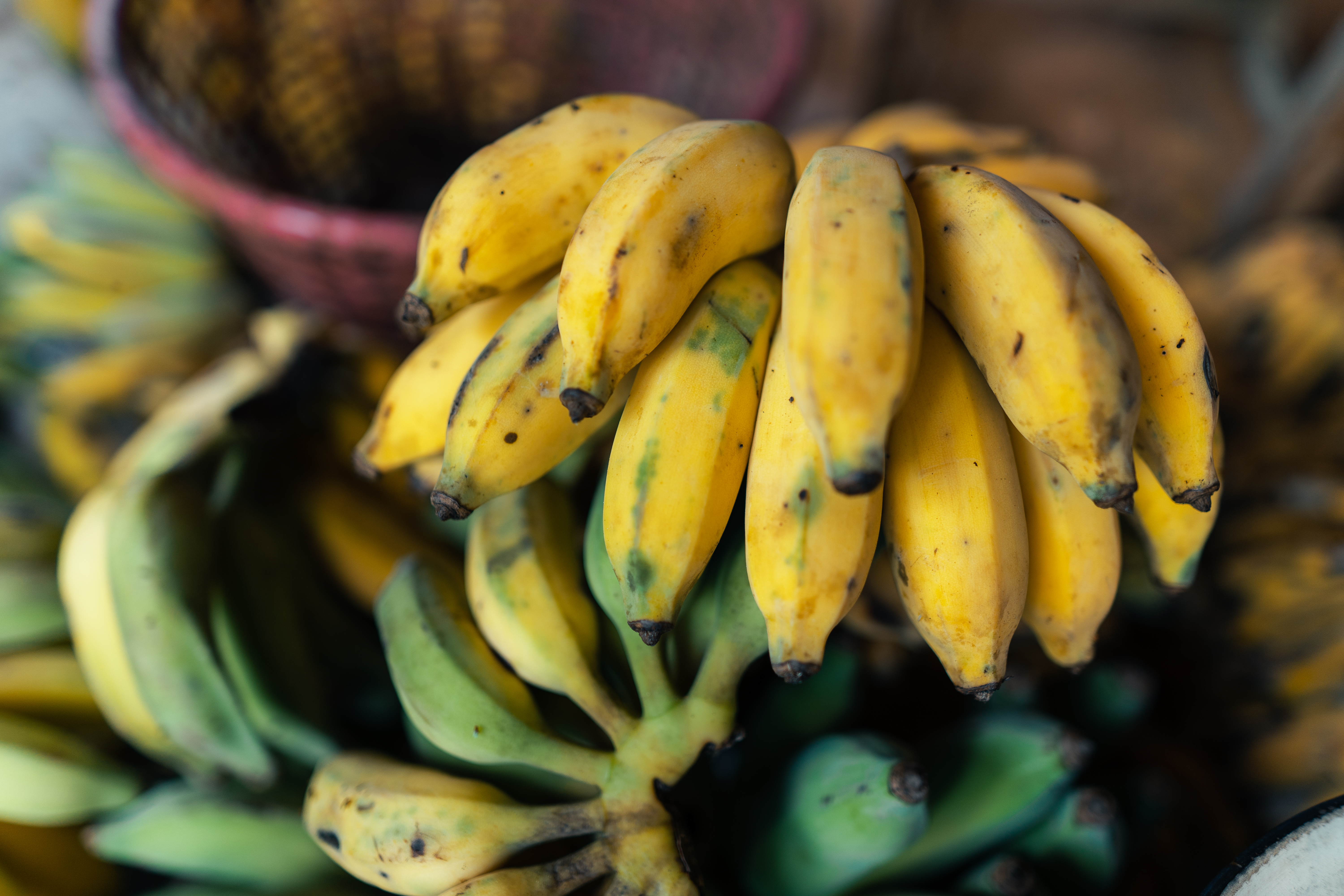
Potassium is a vital mineral that plays a significant role in managing blood pressure and supporting overall cardiovascular health. It helps balance sodium levels in the body by promoting sodium excretion through urine, which is crucial for maintaining healthy blood pressure. High sodium levels can lead to fluid retention and increased pressure on the blood vessels, but adequate potassium intake helps counteract these effects. Additionally, potassium eases tension in the walls of blood vessels, promoting better blood flow. Foods rich in potassium—such as bananas, sweet potatoes, spinach, beans, and avocados—are essential components of a heart-healthy diet.
3. Almonds: The Crunchy Heart Helper
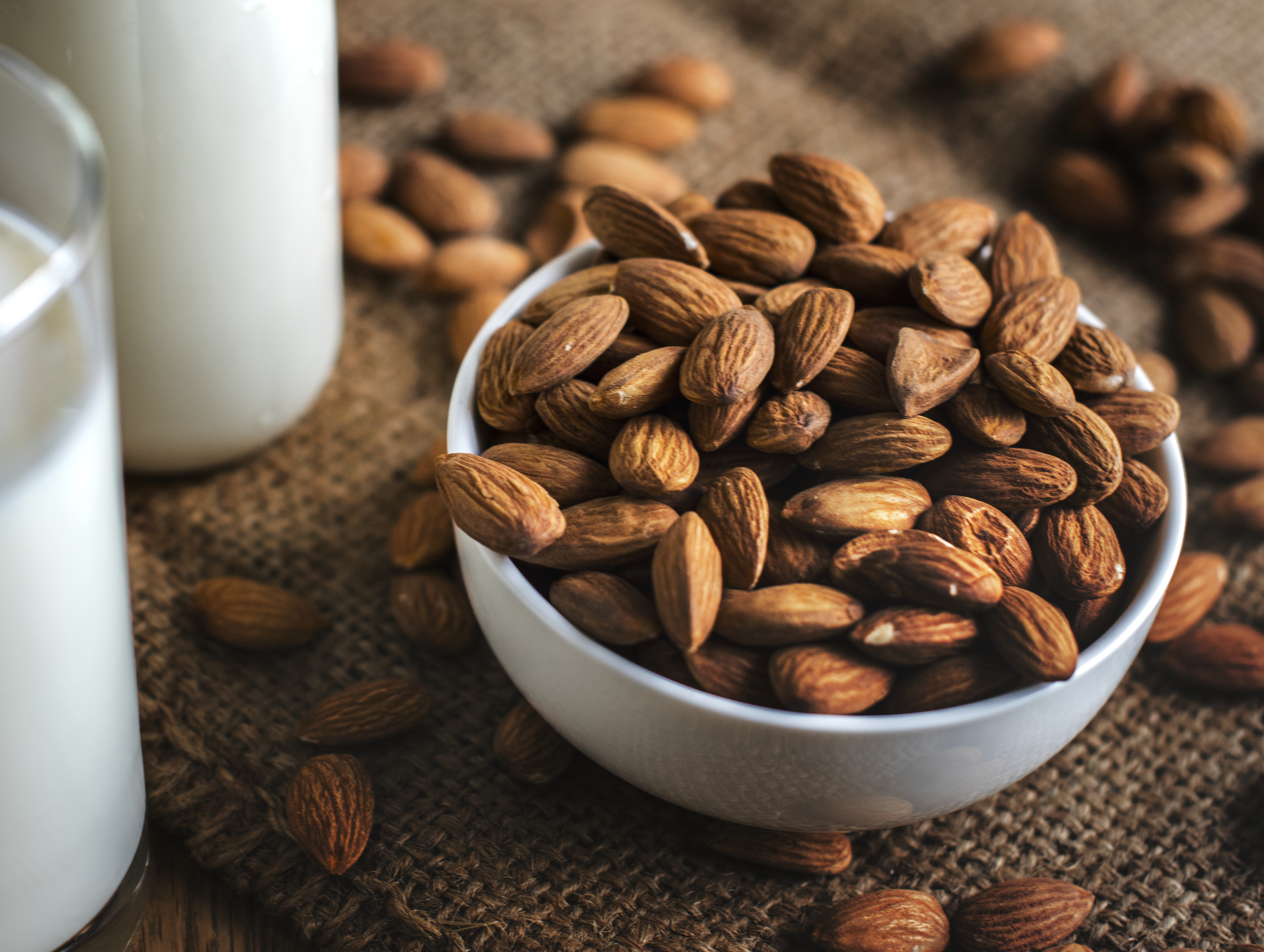
Almonds are a powerhouse of nutrients, making them an excellent snack choice for those looking to lower their blood pressure. Rich in healthy fats, fiber, and protein, almonds are also a good source of magnesium, a mineral known to help regulate blood pressure. Studies have shown that regular consumption of almonds can lead to a significant reduction in blood pressure levels. Whether enjoyed on their own, added to yogurt, or included in salads, almonds provide a satisfying crunch while supporting heart health.
4. Berries: Nature’s Sweet Antioxidants
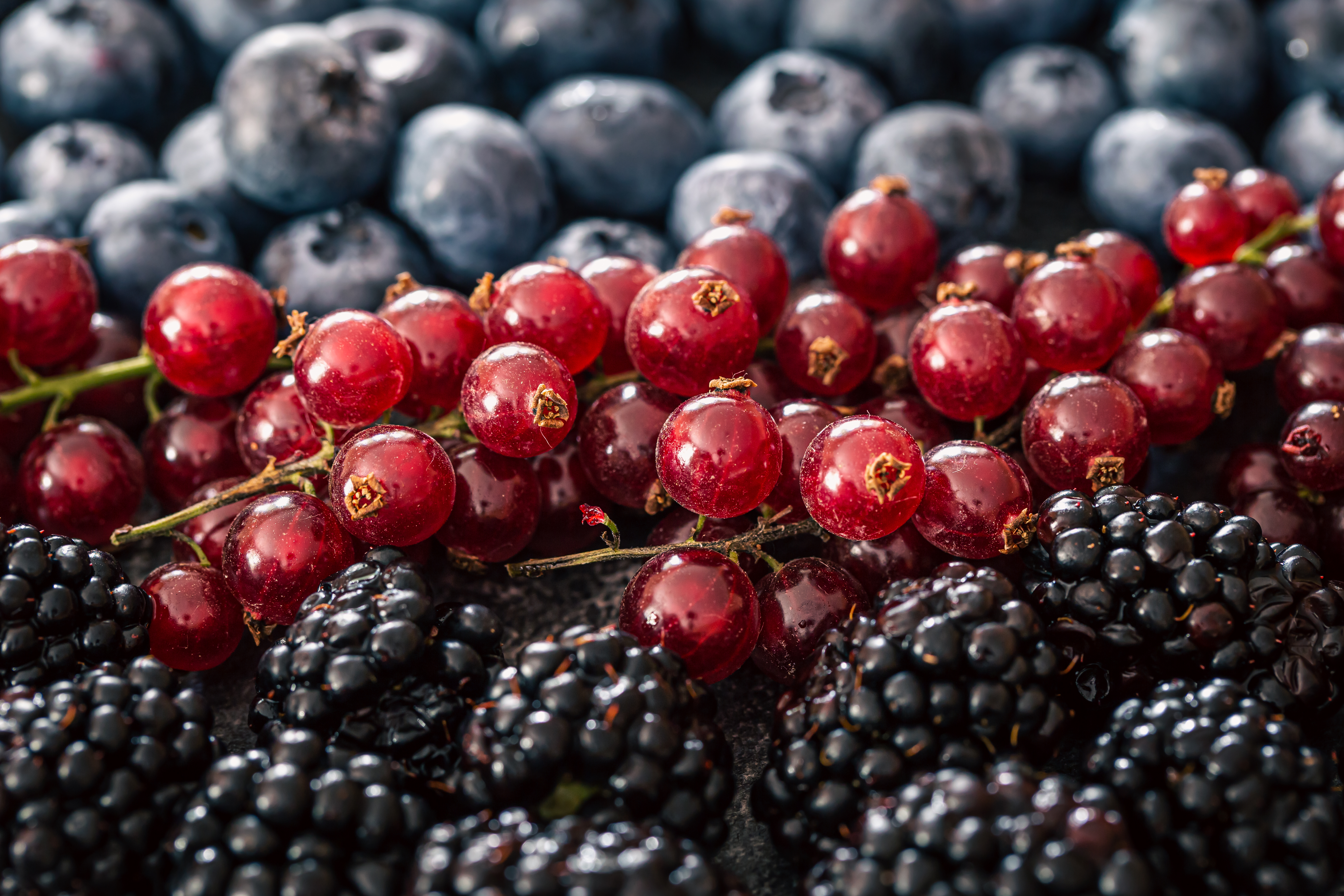
Berries, including strawberries, blueberries, and raspberries, are not only delicious but also packed with antioxidants and nutrients that support heart health. These vibrant fruits are rich in flavonoids, which have been linked to lower blood pressure levels. Berries are also a good source of fiber, which can help reduce cholesterol levels and improve heart health. The natural sweetness of berries makes them a delightful addition to any diet, satisfying your sweet tooth while contributing to your cardiovascular wellness.
5. Dark Chocolate: Indulgence with Benefits

Dark chocolate is often seen as a guilty pleasure, but it can actually be a heart-healthy snack when consumed in moderation. Rich in flavonoids—especially a type called flavanols—dark chocolate has been shown to improve blood flow, support the function of blood vessels, and lower blood pressure. Flavanols help stimulate the production of nitric oxide in the body, which relaxes blood vessels and enhances circulation. Additionally, dark chocolate may help reduce inflammation and oxidative stress, both of which are linked to cardiovascular disease. For maximum benefit, choose chocolate with at least 70% cocoa and limit intake to small, mindful portions.
6. Greek Yogurt: Creamy Calcium Source
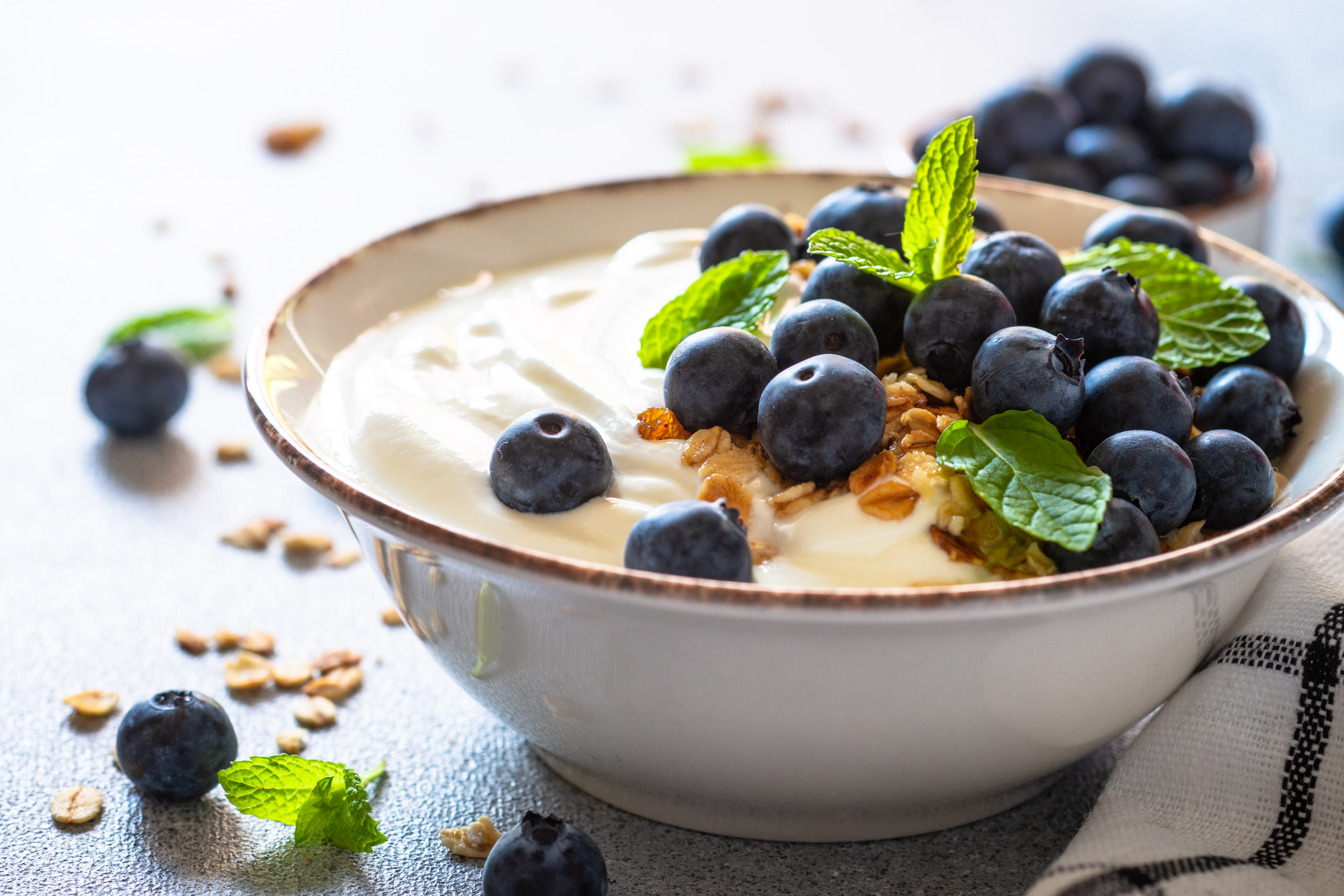
Greek yogurt is a creamy, delicious snack that provides a rich source of calcium, protein, and probiotics—each playing a unique role in supporting heart health. Calcium is essential for maintaining healthy blood pressure by helping blood vessels tighten and relax efficiently. The high protein content in Greek yogurt also contributes to satiety and weight management, both important for cardiovascular health. Additionally, the probiotics found in Greek yogurt promote a balanced gut microbiome, which emerging research links to reduced inflammation and improved metabolic function—factors that directly affect heart wellness. For the best results, opt for plain, low-fat Greek yogurt with no added sugars.
7. Avocado: The Creamy Heart Protector
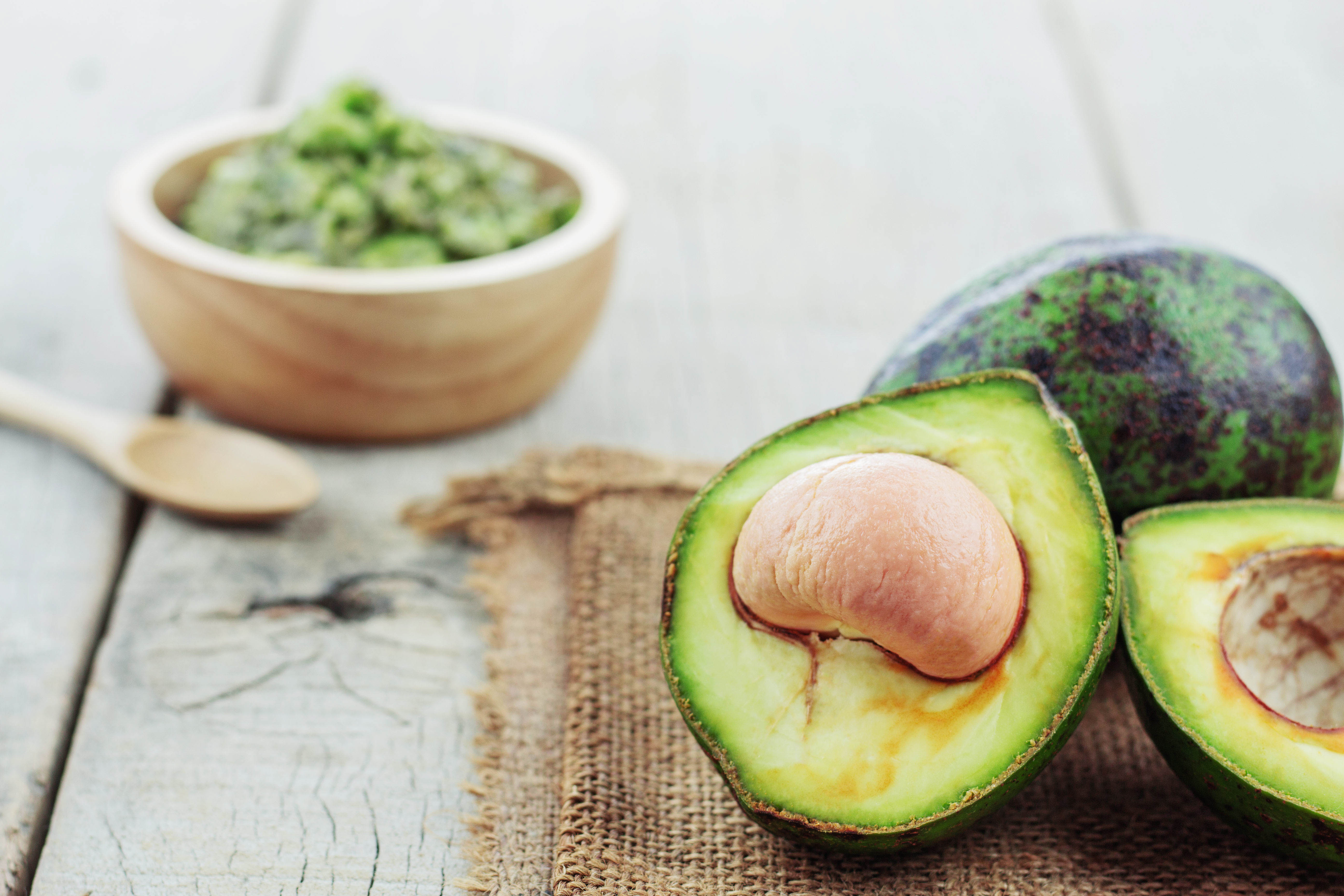
Avocado is a versatile and nutrient-dense fruit that offers numerous health benefits, particularly for heart health. Rich in heart-healthy monounsaturated fats, potassium, and dietary fiber, avocados can help lower blood pressure, reduce bad cholesterol levels, and support overall cardiovascular function. The potassium content in avocados helps balance sodium levels in the body, easing tension in blood vessel walls. Meanwhile, their fiber aids in maintaining healthy blood sugar and cholesterol levels. Incorporating avocados into your meals—whether spread on toast, blended into smoothies, or added to salads—can be a delicious and strategic way to support your blood pressure management goals.
8. Oats: The Fiber-Rich Powerhouse
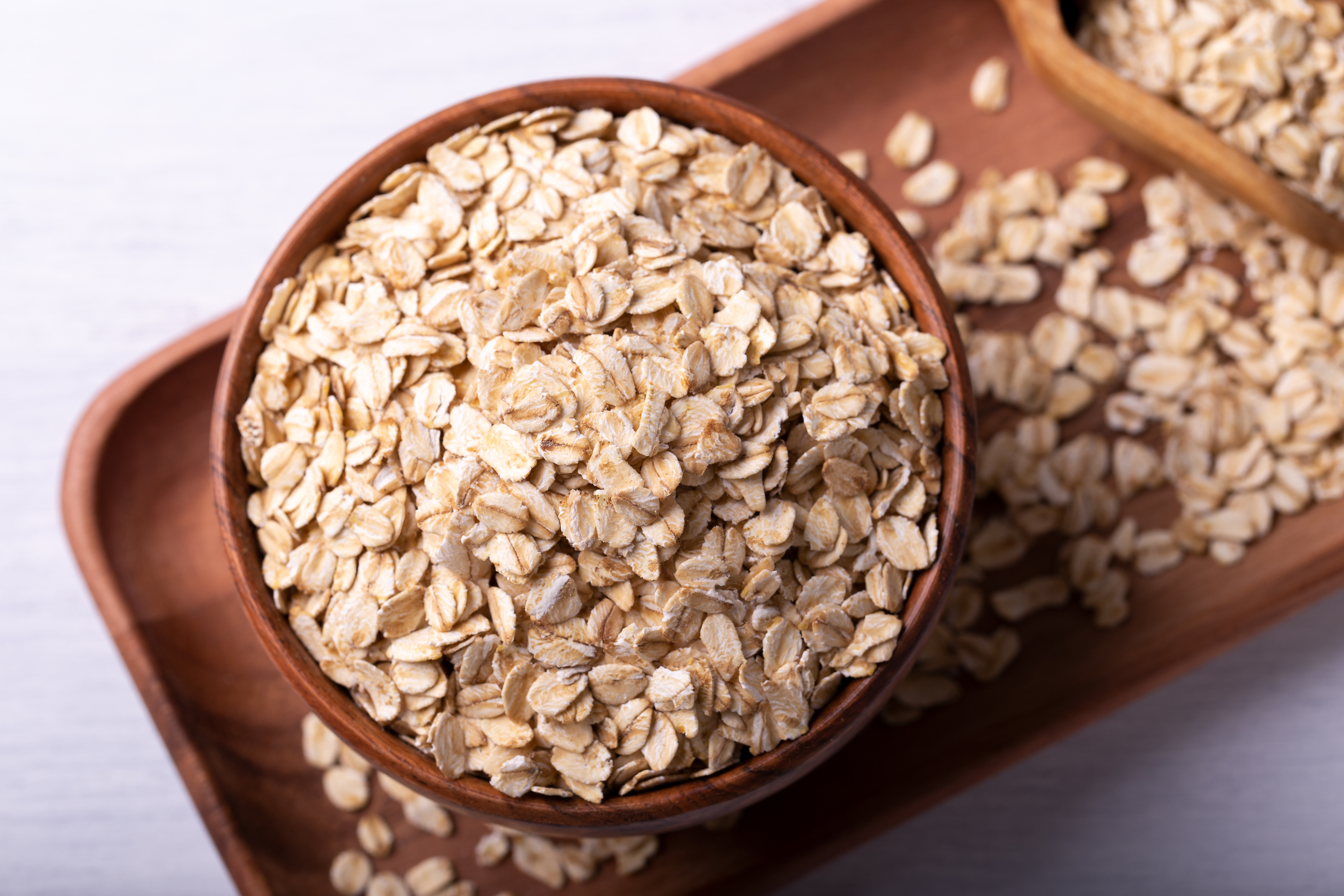
Oats are a fiber-rich whole grain renowned for their heart-protective properties. They are particularly high in beta-glucans, a type of soluble fiber that forms a gel-like substance in the digestive tract, helping to trap and eliminate LDL (bad) cholesterol from the body. This mechanism not only supports healthier cholesterol levels but also aids in regulating blood pressure. Additionally, oats provide a slow, steady release of energy, which helps stabilize blood sugar levels and reduce strain on the cardiovascular system. Whether enjoyed as warm oatmeal, blended into smoothies, or used in baking, oats are a simple yet powerful addition to a heart-healthy diet.
9. Walnuts: The Omega-3 Rich Nut
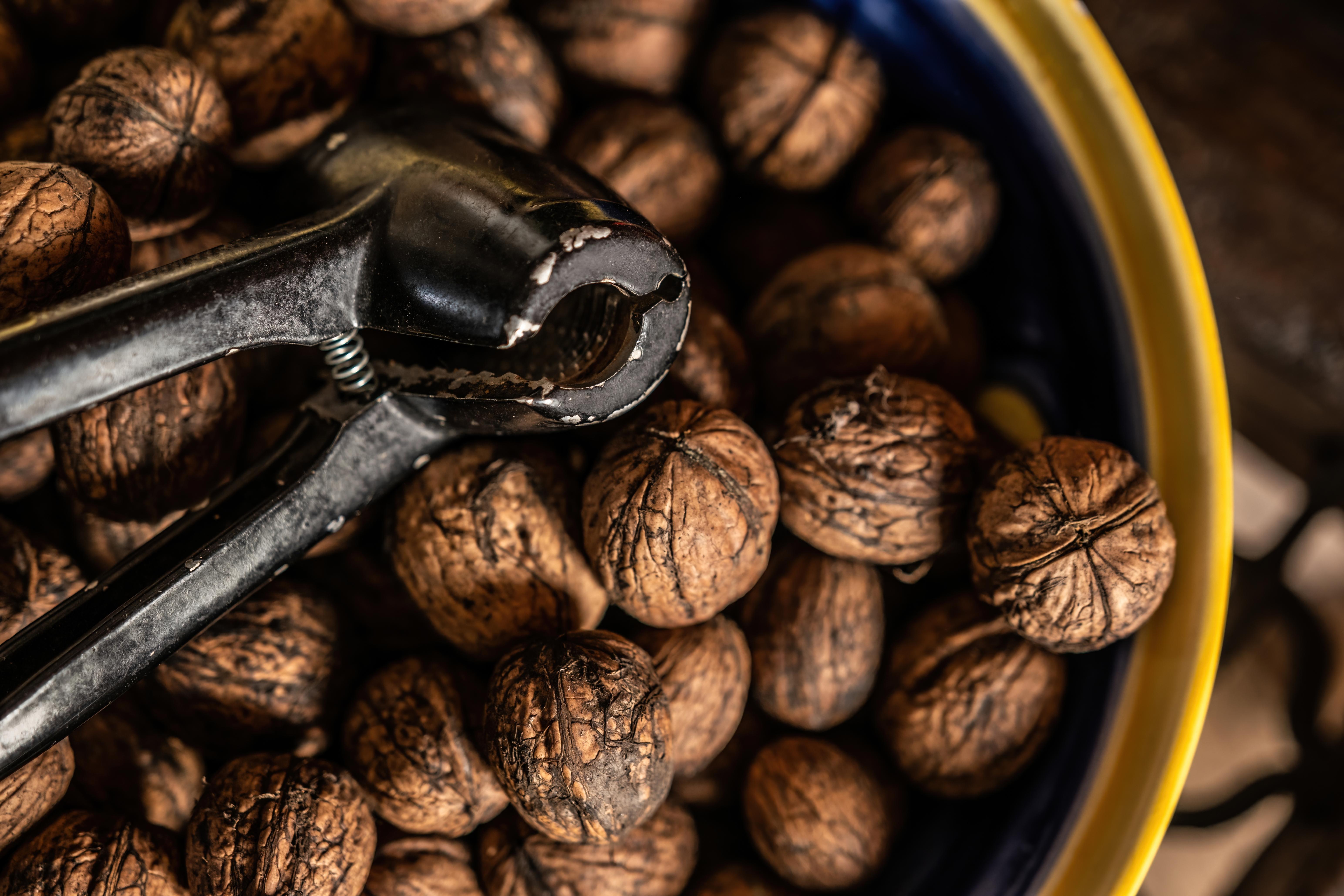
Walnuts are a nutrient-dense nut that offers numerous health benefits, particularly for heart health. Rich in plant-based omega-3 fatty acids, antioxidants, and dietary fiber, walnuts can help lower blood pressure, reduce inflammation, and improve cholesterol levels. The alpha-linolenic acid (ALA) found in walnuts has been shown to support healthy blood vessel function and decrease the risk of cardiovascular disease. Their antioxidants help combat oxidative stress, which is a key contributor to heart problems. Including a small handful of walnuts in your daily diet—whether as a snack, in salads, or blended into dishes—can be a simple, satisfying way to support long-term heart wellness.
10. Edamame: The Protein-Packed Bean
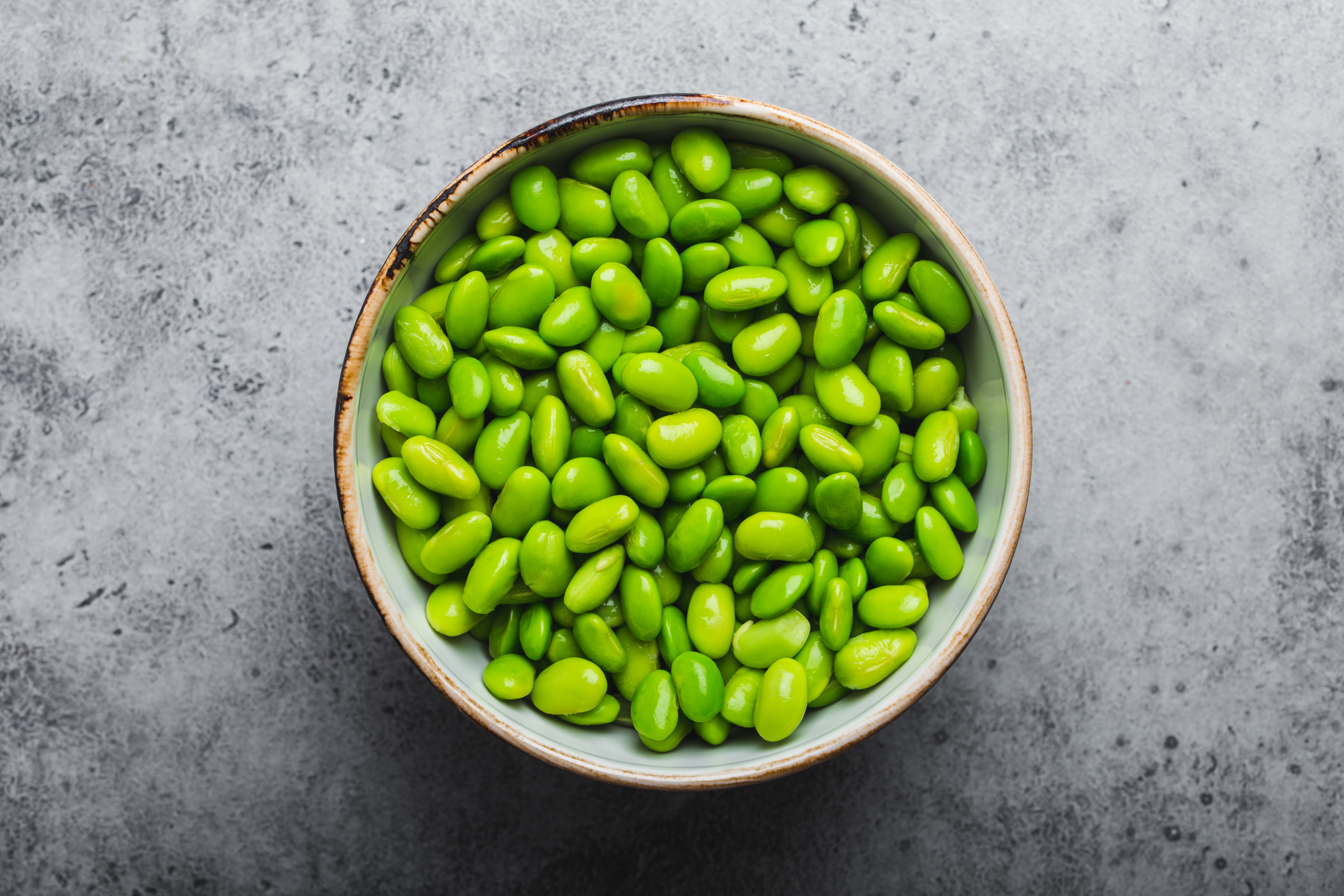
Edamame, or young soybeans, are a protein-packed snack that offers numerous health benefits, especially for heart health. They are rich in plant-based protein, fiber, and powerful antioxidants like isoflavones, which have been shown to support healthy blood pressure and improve arterial function. The fiber in edamame helps regulate cholesterol levels, while its potassium content aids in balancing sodium levels, both of which contribute to a healthier cardiovascular system. Low in saturated fat and naturally cholesterol-free, edamame makes for a heart-smart addition to any diet. Enjoy them steamed, lightly salted, or tossed into salads and stir-fries for a satisfying, nutrient-rich boost.
11. Spinach: The Leafy Green Powerhouse
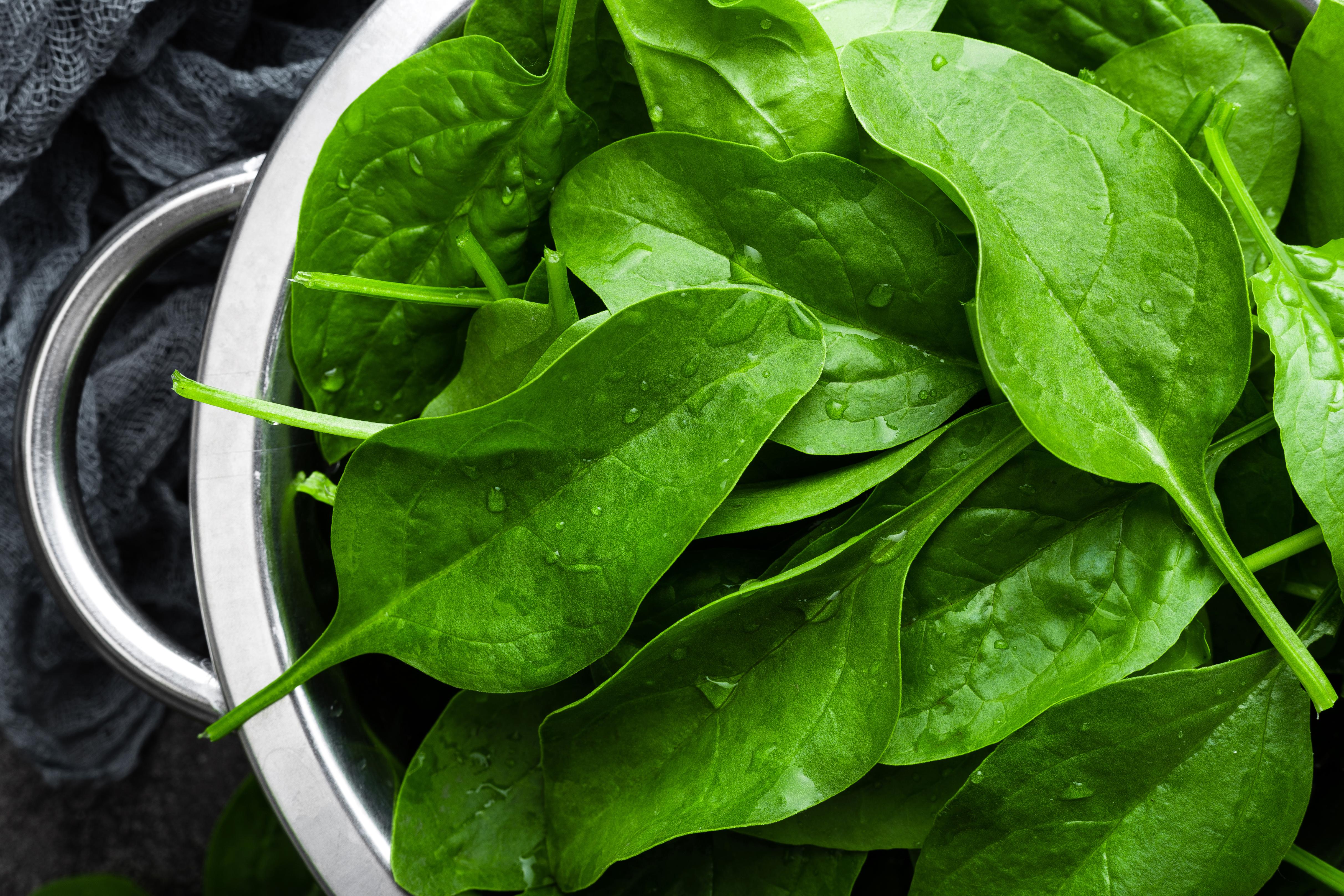
Spinach is a nutrient-dense leafy green that offers a wide range of health benefits, particularly for heart health. Packed with potassium and magnesium, spinach helps regulate blood pressure by supporting proper muscle function and fluid balance in the body. It is also rich in natural nitrates, which the body converts into nitric oxide—a compound that relaxes blood vessels and improves circulation. Additionally, spinach contains antioxidants like lutein and beta-carotene that help combat inflammation and oxidative stress, both of which are linked to heart disease. Whether eaten raw in salads, blended into smoothies, or cooked into meals, spinach is a simple and powerful way to support cardiovascular wellness.
12. Hummus: The Creamy Chickpea Delight
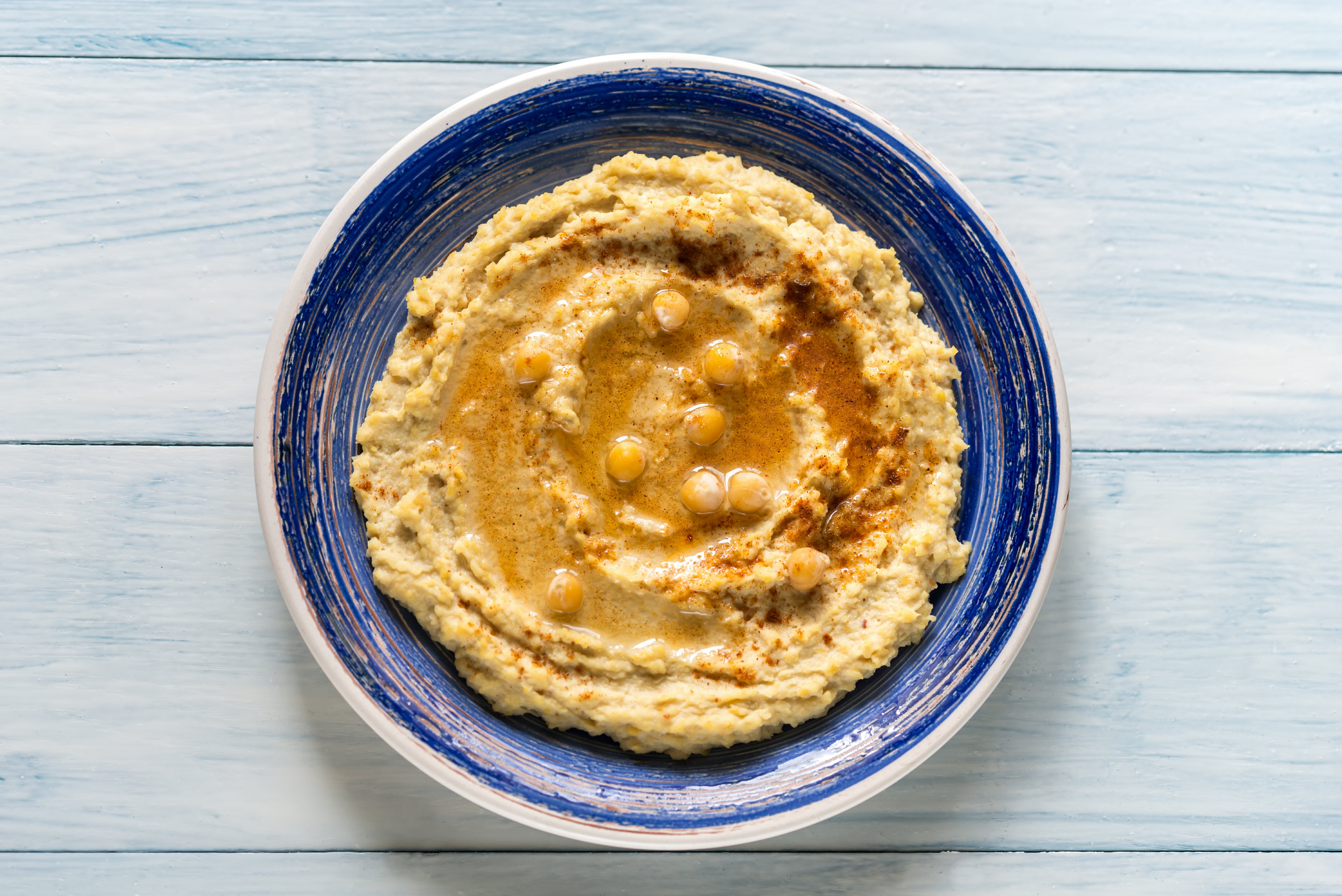
Hummus, made primarily from chickpeas, is a creamy and delicious snack that offers numerous health benefits, especially for heart health. It is rich in plant-based protein, dietary fiber, and healthy fats—particularly from olive oil and tahini—all of which contribute to better cardiovascular function. The fiber in hummus helps regulate cholesterol levels, while its healthy fats support balanced inflammation and improve blood lipid profiles. Additionally, hummus contains essential minerals like magnesium and potassium, which are important for maintaining healthy blood pressure. Whether used as a dip, spread, or dressing, hummus is a versatile and heart-smart addition to a balanced diet.
13. Chia Seeds: The Omega-3 & Fiber Burst
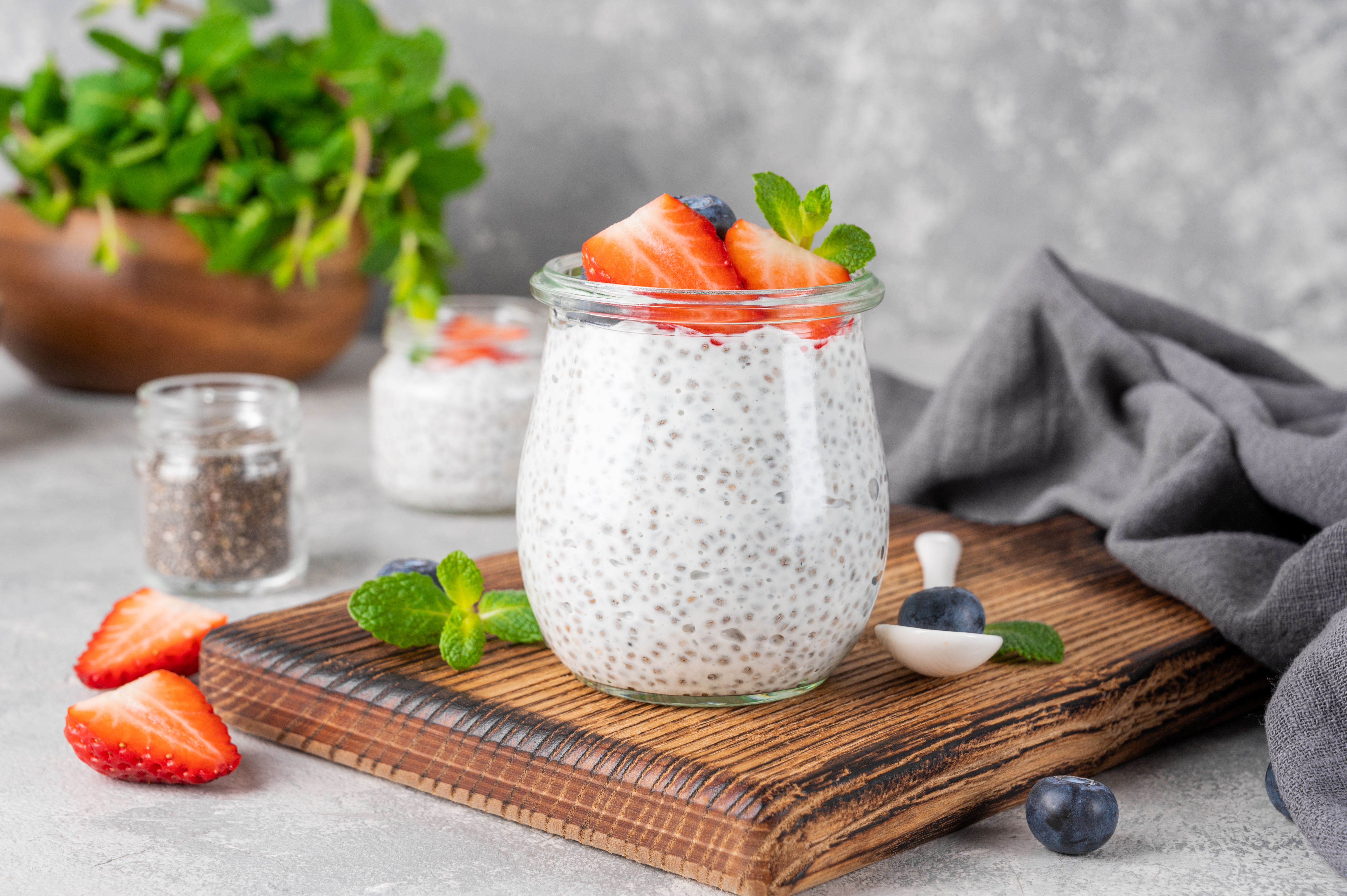
Chia seeds are tiny powerhouses for heart health, especially for blood pressure management. They're an incredible source of plant-based omega-3 fatty acids (ALA), which help reduce inflammation and improve blood vessel function. Beyond that, their high soluble fiber content forms a gel in the digestive tract, aiding in cholesterol reduction and promoting steady blood sugar, both crucial for cardiovascular wellness. Sprinkle them into yogurt, blend into smoothies, or make a chia pudding; these humble seeds expand significantly, providing immense satiety while silently working to lower your blood pressure.
14. Beetroot (Cooked or Juiced): The Nitric Oxide Catalyst
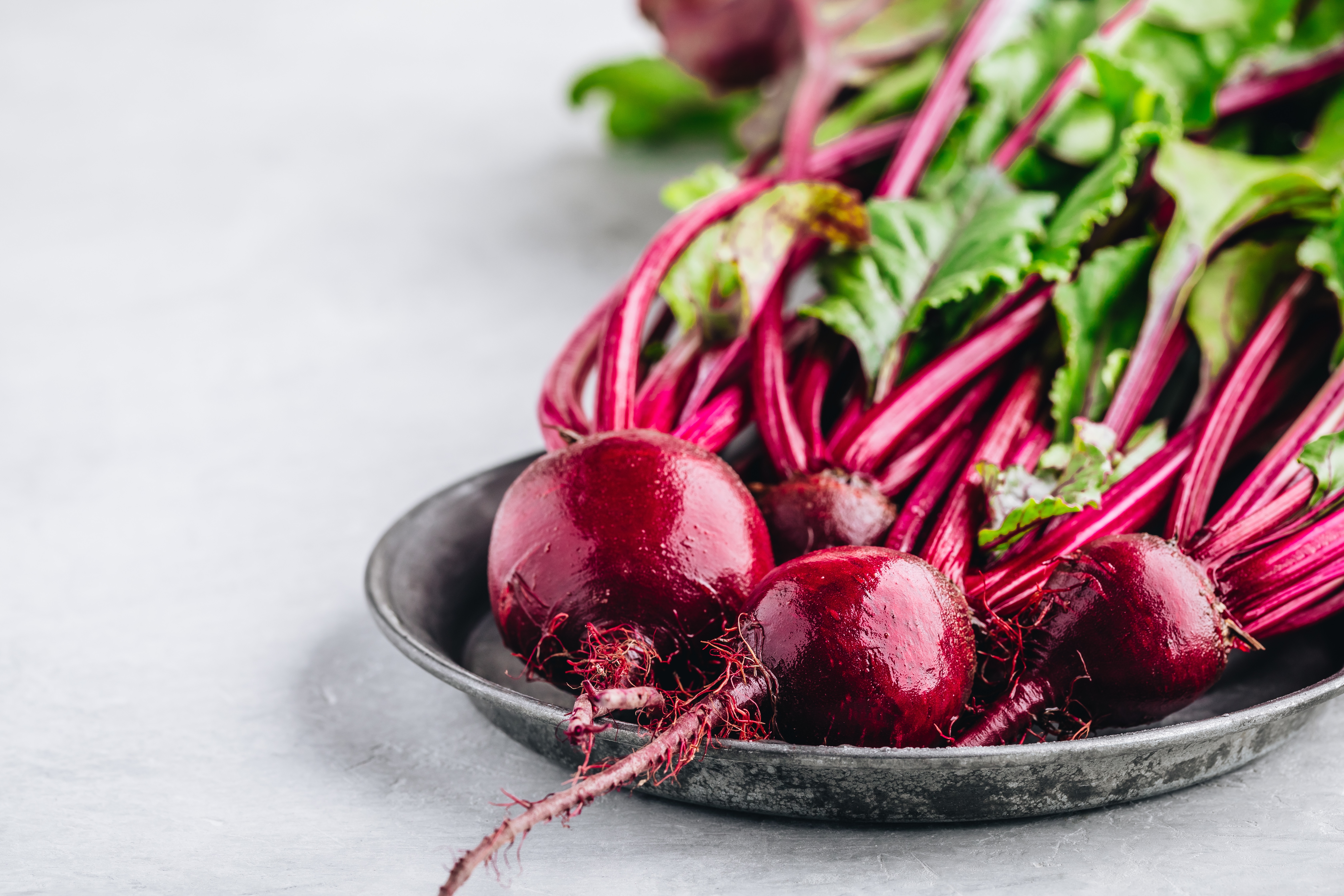
Beetroot is a surprising secret weapon for blood pressure due to its high concentration of dietary nitrates. Once consumed, these nitrates are converted into nitric oxide in your body, a powerful vasodilator that helps relax and widen blood vessels. This effect directly leads to lower blood pressure and improved blood flow. Whether enjoyed roasted, steamed, or as a vibrant juice, beetroot offers an earthy sweetness that makes it a delicious and potent snack for cardiovascular support. It's a natural way to enhance your body's circulatory efficiency.
15. Pomegranate Seeds: Antioxidant-Rich Blood Flow Boosters
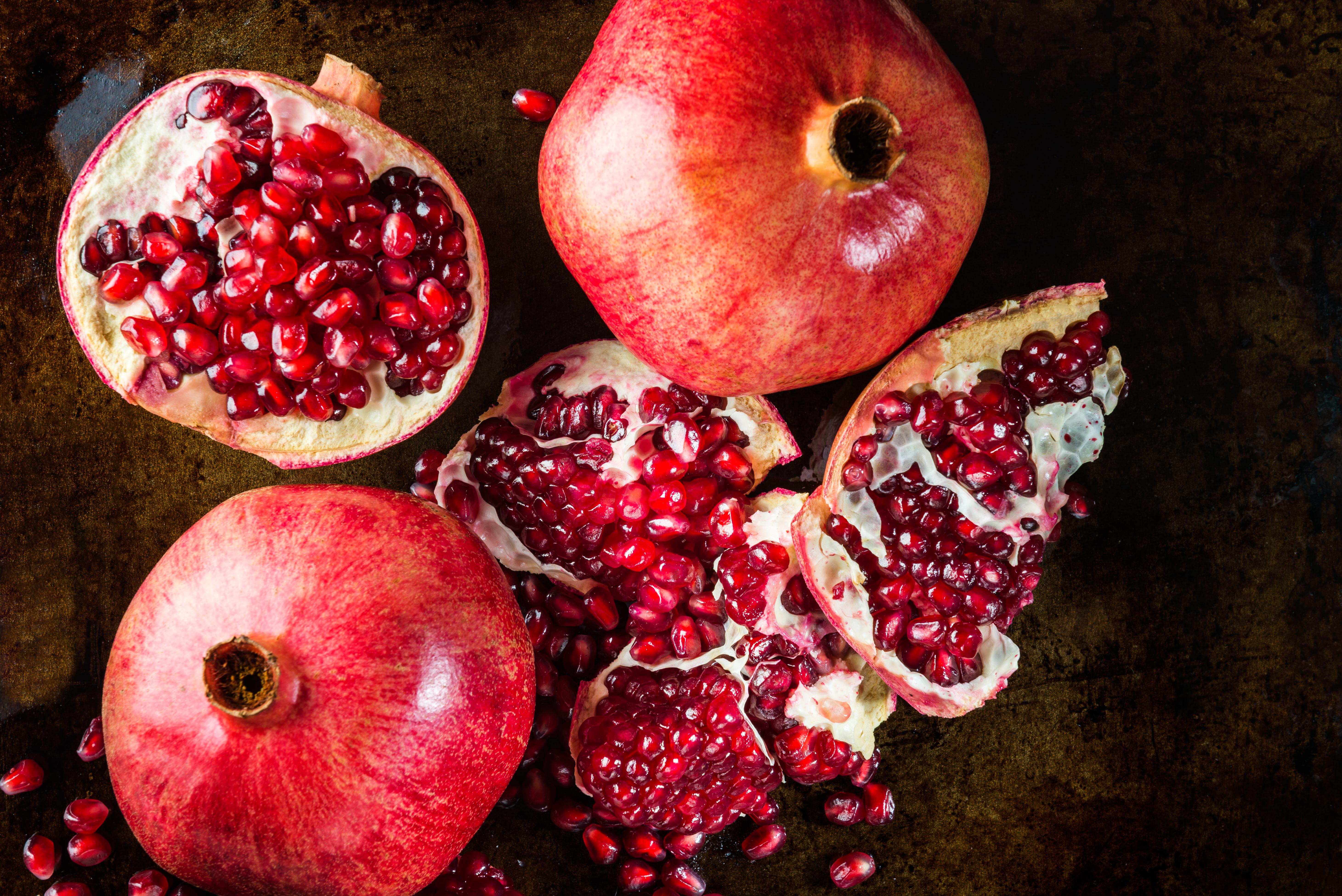
These jewel-toned seeds are not just beautiful; they're bursting with powerful antioxidants, particularly punicalagins, which have been shown to protect the heart and improve blood vessel elasticity. Pomegranate consumption is linked to reduced inflammation and the ability to lower blood pressure by supporting nitric oxide production. Their tart, juicy crunch makes them a refreshing snack on their own or a vibrant addition to salads and yogurts. They offer a unique blend of flavor and compounds dedicated to circulatory health.
16. Pistachios: The Blood Vessel Relaxers
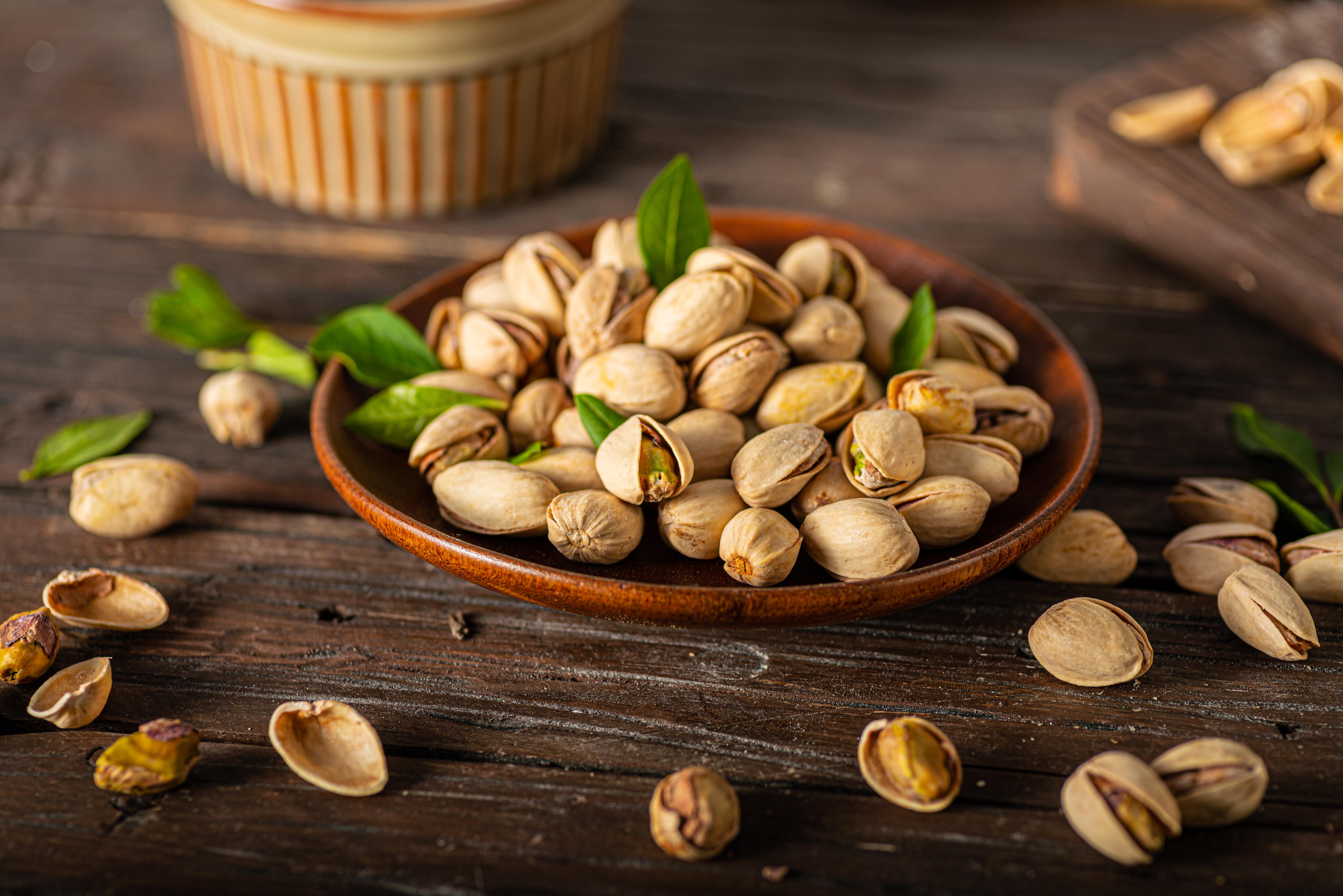
Pistachios stand out among nuts for their specific blend of nutrients beneficial for blood pressure. They are rich in potassium, magnesium, and L-arginine, an amino acid that converts into nitric oxide in the body, promoting blood vessel relaxation and improved blood flow. Studies indicate that regular pistachio consumption can lead to lower systolic blood pressure, especially under stress. Their satisfying crunch and unique flavor make them an ideal, heart-healthy snack, offering a delightful way to support your cardiovascular system.
17. Canned Salmon (with bones): The Calcium & Omega-3 Duo

While fresh fish is great, canned salmon (especially with bones) offers a convenient, affordable, and potent snack for blood pressure. It's a fantastic source of omega-3 fatty acids, renowned for reducing inflammation and supporting arterial health. The inclusion of soft, edible bones provides a significant boost of highly absorbable calcium, crucial for regulating blood vessel contraction and relaxation. A simple snack on whole-grain crackers offers a powerful combination of heart-healthy fats, protein, and bone-friendly minerals.
18. Lentil Crackers (Whole Grain): Fiber-Packed & Sodium-Smart
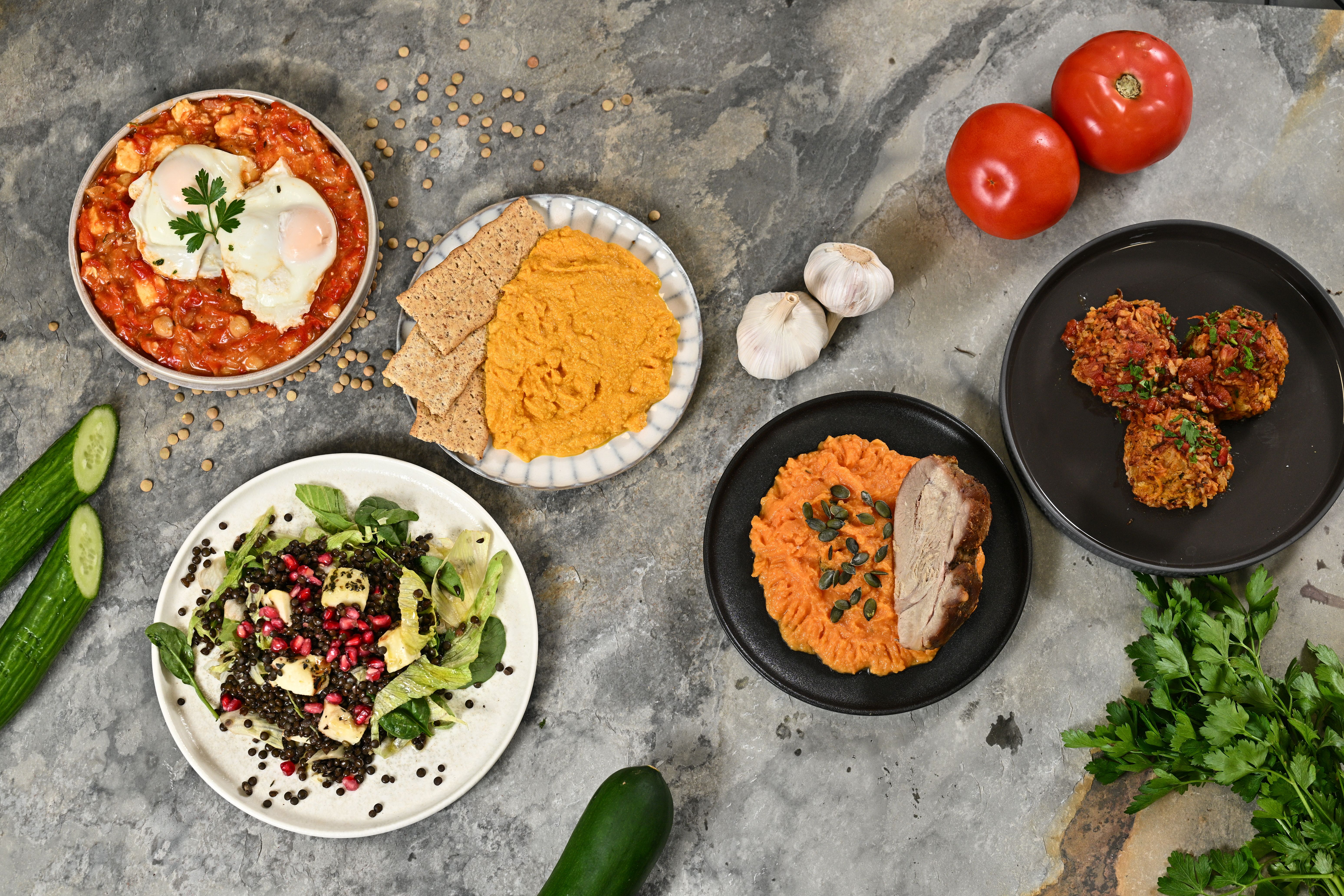
Moving beyond typical processed crackers, whole-grain lentil crackers offer a superior snack option for blood pressure management. Lentils themselves are packed with fiber, potassium, and magnesium. When baked into crackers, they provide a crunchy vehicle for healthy toppings (like hummus or avocado) while delivering essential nutrients. Look for brands with minimal sodium and whole ingredients. These provide a satisfying crunch that promotes satiety and contributes to overall cardiovascular health without the hidden pitfalls of refined grains and excess salt.
19. Watermelon: Hydration & L-Citrulline Power
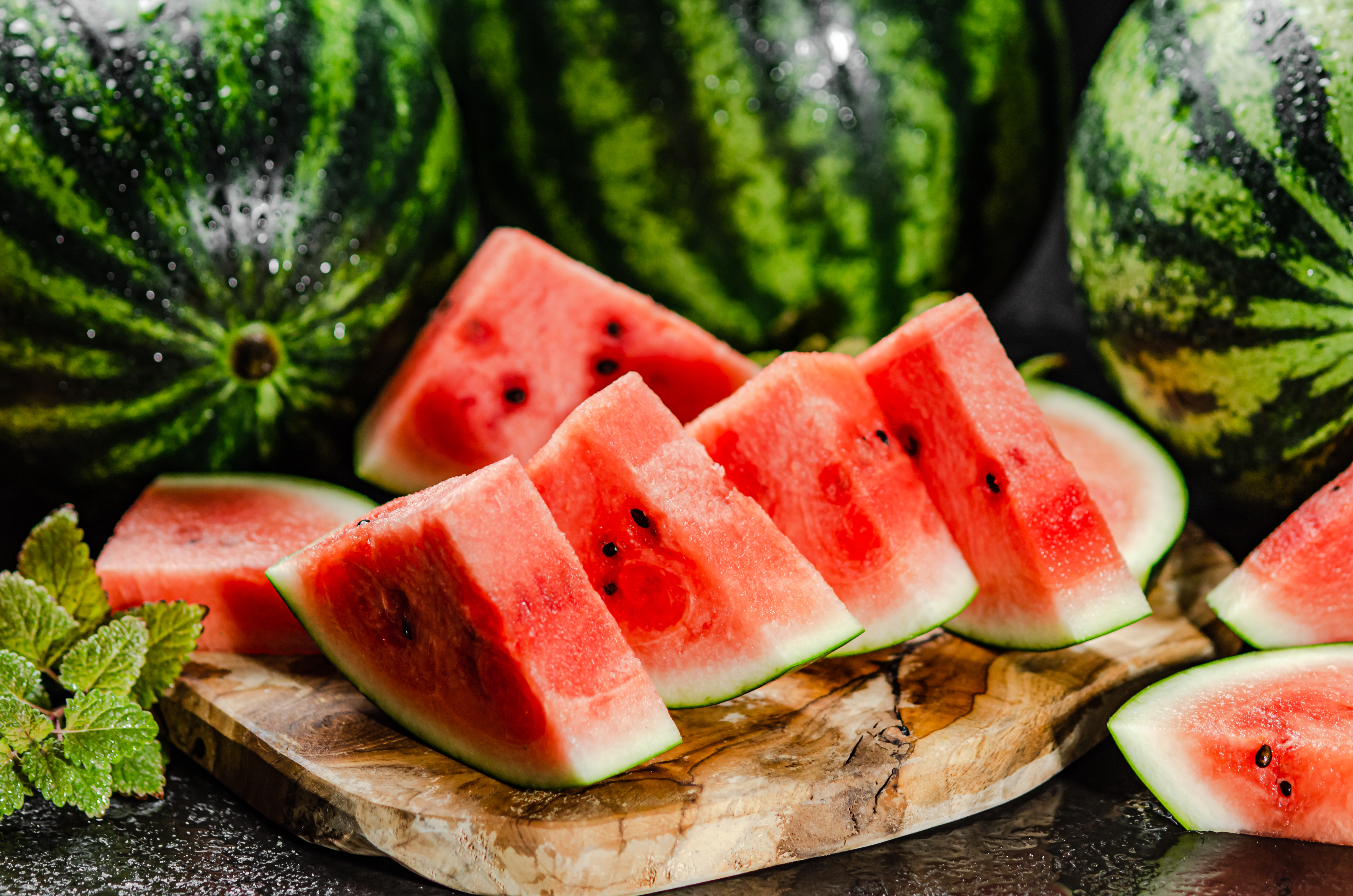
Watermelon is more than just a refreshing summer fruit; it's a fantastic ally for blood pressure. Its high water content naturally aids hydration, which supports healthy blood volume. More uniquely, watermelon is rich in L-citrulline, an amino acid that your body converts to L-arginine, which then produces nitric oxide. This process helps relax blood vessels and improve circulation, directly contributing to lower blood pressure. Enjoying a few slices or blending it into a juice provides a delicious way to boost your cardiovascular health.
20. Kimchi (Low Sodium): Fermented Gut-Heart Link

While many fermented foods are great, low-sodium kimchi offers a specific advantage for blood pressure. This Korean staple is packed with probiotics that support gut health, which is increasingly linked to cardiovascular well-being by reducing systemic inflammation. The beneficial bacteria also help regulate blood pressure by influencing metabolic pathways. Choose authentic, low-sodium varieties, as traditional kimchi can be high in salt. A small serving provides a tangy, probiotic-rich boost that aids both your gut and your heart.
21. Dried Apricots: Potassium-Packed Natural Sweets
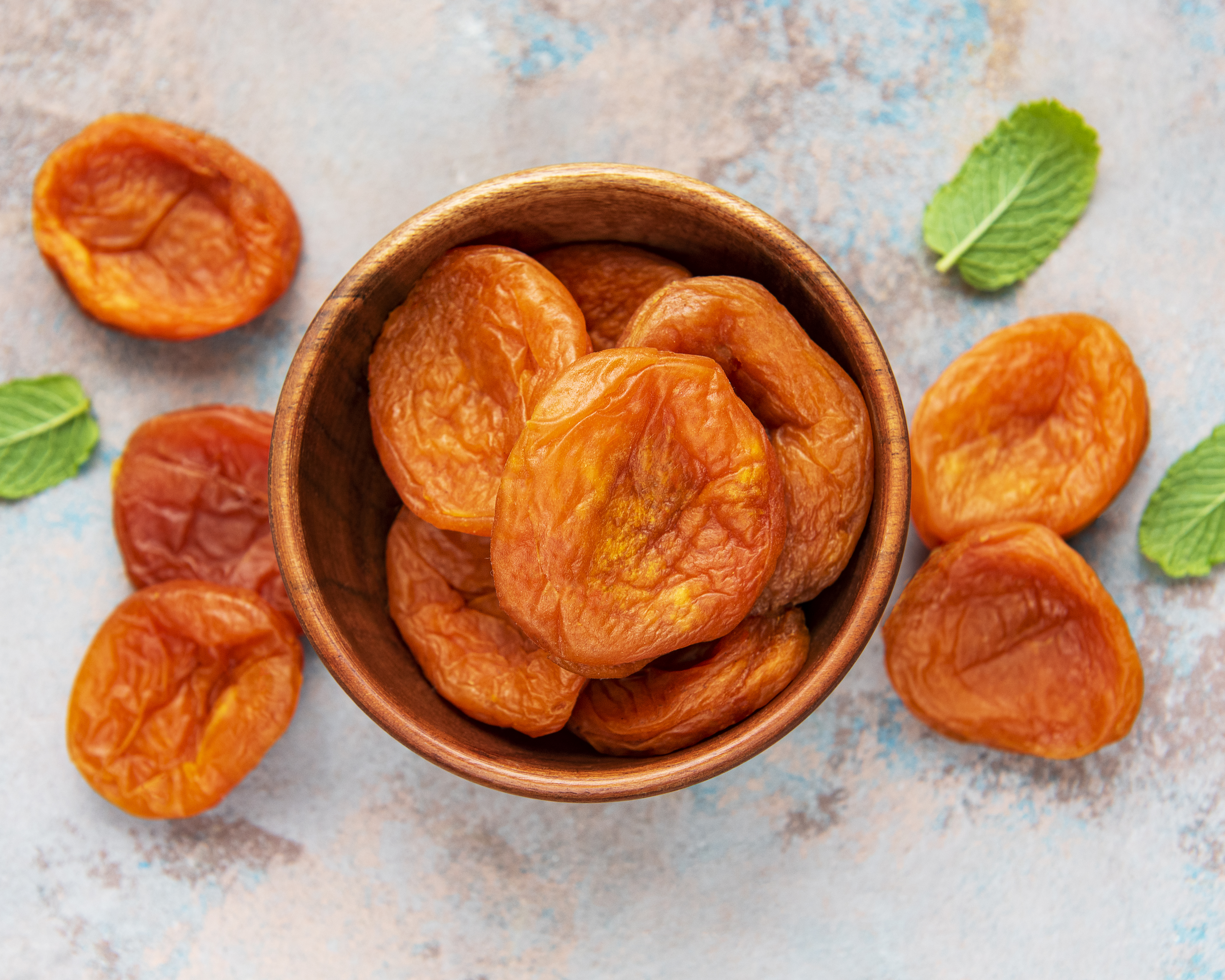
Dried apricots are a naturally sweet and convenient snack, making them an excellent choice for blood pressure management due to their exceptional potassium content. Just a small handful provides a significant dose of this essential mineral, which helps to counteract the effects of sodium and relax blood vessel walls. They also offer a good amount of fiber, supporting overall heart health. Ensure you choose unsulphured, unsweetened varieties to maximize their benefits without added sugars or unwanted chemicals.
22. Artichoke Hearts: Fiber, Potassium & Magnesium
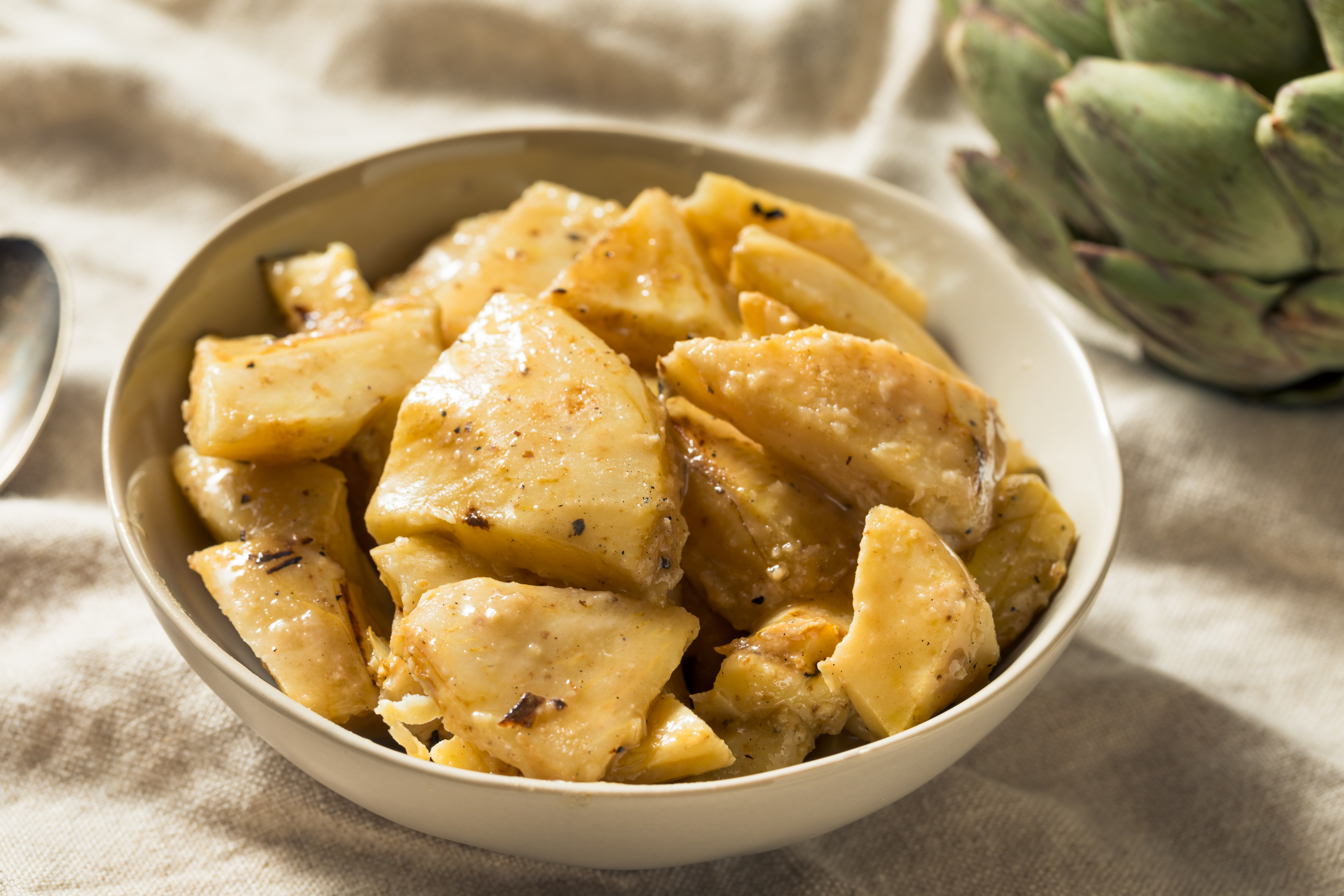
Artichoke hearts, whether canned (rinsed well for sodium) or marinated (in healthy oils), are a delicious and often-overlooked snack for blood pressure. They're rich in fiber, which aids digestion and helps manage cholesterol, and boast a good profile of potassium and magnesium – two critical minerals for blood pressure regulation. These nutrients work synergistically to promote healthy blood vessel function. Their unique flavor and satisfying texture make them a gourmet, heart-healthy addition to salads, or simply enjoyed straight from the jar.
As we conclude this flavorful journey through doctor-approved snacks, it’s clear that managing blood pressure doesn’t have to mean sacrificing taste or enjoyment. From creamy avocados to crunchy walnuts and fiber-rich oats, each snack offers a unique blend of nutrients that supports cardiovascular health. By incorporating these wholesome, nutrient-dense options into your daily routine, you can nourish your body, satisfy your cravings, and take meaningful steps toward maintaining healthy blood pressure. Eating well is not just about restriction—it’s about making intentional, informed choices that bring both flavor and function to your plate. Your heart—and your taste buds—will thank you.